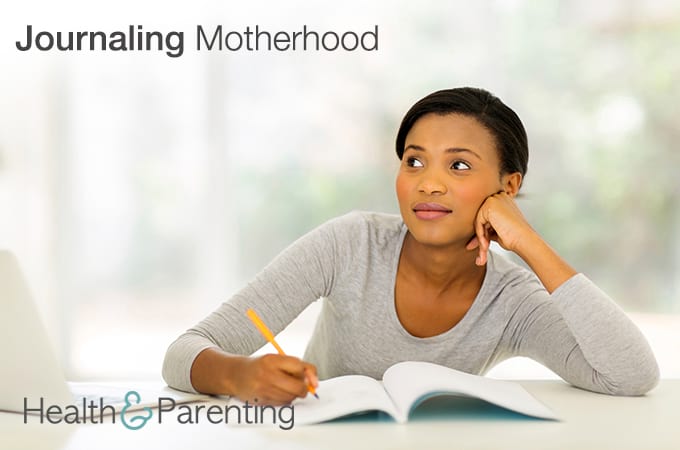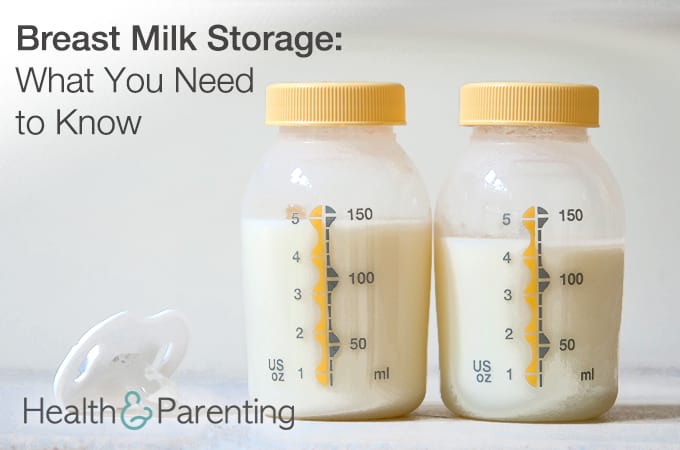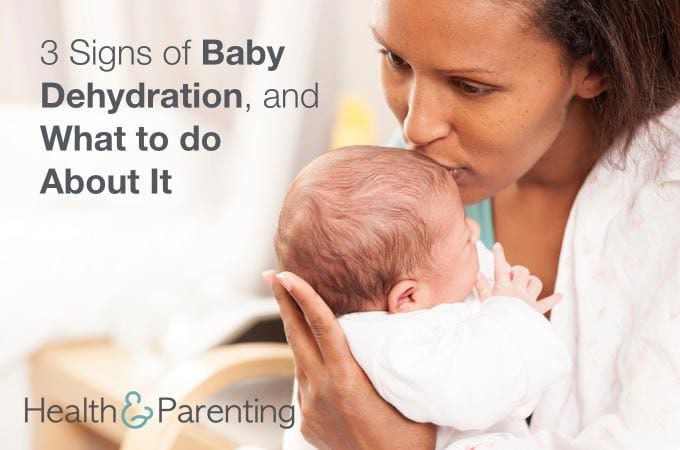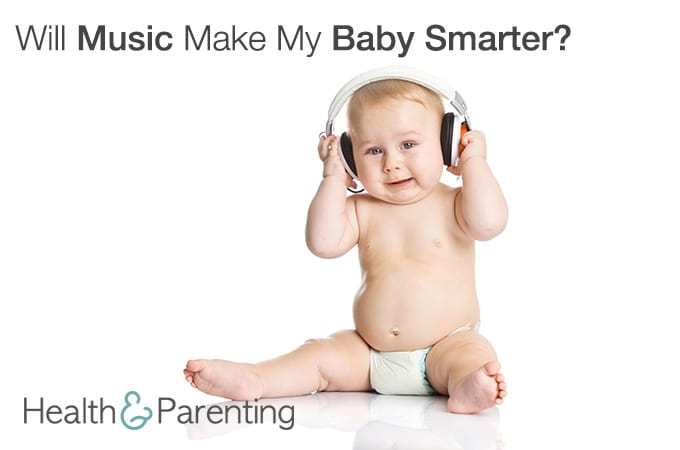You’re sure you will remember the birth of your baby forever. You are certain you won’t forget those sleepless nights. But as time goes on and you get busier, the memories lose their sharpness. Was it my first birth or my third birth where I wanted to give up and walk out? I know I was sad when he weaned, but I can’t remember it exactly. How did I decide on when to leave him with a sitter for the first time?
Keeping a journal has many benefits beyond simply preserving memories in scrapbook-like fashion. Writing in a journal can help you clarify your thoughts and process your feelings. It can help you find context for your emotions and help you make decisions. It can remind you of what’s important and what’s not. It can give you a safe space to think and just be yourself.
Whether you buy an elegantly bound blank book and write in your favorite colored pen, or you type your thoughts into a file on your laptop, keeping a journal as a new mom allows you to think through your birth, your parenting choices, and your feelings about being a mom.
You’re not sure what to write? Start with your birth story. Don’t just record the facts, but add your reactions. Were you scared, empowered, awed, exhausted? Write about the first days with a new baby or the first time you held your baby in your arms – how did you change from woman to mother, how did your relationships change, what did your heart tell you? Include your baby’s milestones, but add your feelings about them.
If you find that you need ideas to get your creativity flowing, search the Internet for writing prompts specific to motherhood. Use the notes section in your phone to jot down memories as they happen and write more about them when you have time. Start with a sentence stem such as “I feel it’s important to …” or “if I could wish one thing for today ….”
The hardest part may be finding the time to write. Try to make it a routine – allow yourself 15 minutes before you go to sleep or right when you wake. Even just writing one sentence per day can get you started (and can be an extremely telling journal in the end!). Or set a timer for five minutes and just write whatever comes to mind.
Nobody is going to edit your writing – so no need to cross anything out or agonize over grammar and word choice. You may decide to share the journal with your grown child someday, or you might decide to just keep it private. Making that decision early on may cause you to censor what you write, so leave your options open.
Writing will help you to become more creative in all parts of your life. You will learn about yourself, and grow as a parent. Journaling gives you a non-judgmental space in which to just be yourself – in all of your messy glory!
You can also use the Diary section of our Baby+ App to create your own journal. This may make it easier to write and add photos at the same time. You can also export this Diary via the App using the Baby Yearbook feature.
Written by Michelle, childbirth instructor, lactation consultant, and mother to 4 busy kids
This information is not intended to replace the advice of a trained medical doctor. Health & Parenting Ltd disclaims any liability for the decisions you make based on this information, which is provided to you on a general information basis only and not as a substitute for personalized medical advice. All contents copyright © Health & Parenting Ltd 2016. All rights reserved.
















